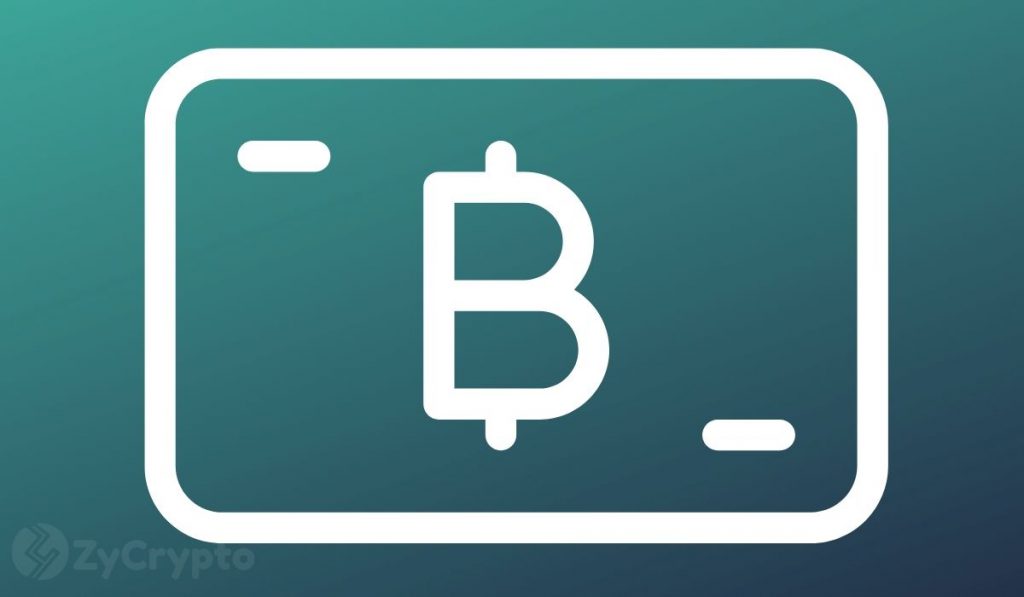- El Salvador’s GDP grew by over 10% in 2021 which is a first for the small country.
- The President thinks the country is on course to break an even bigger milestone in 2022.
- A combination of shrewd economic policies and daring leaps like the Bitcoin adoption may account for the reversal of fortunes.
The data is in and El Salvador’s president is beaming ear to ear as his Bitcoin venture has earned impressive results. For the first time in the country’s history, the gross domestic product hit double digits to the bewilderment of critics.
The History-Making Year
The economic data from El Salvador indicate a wave of positivity for the country as the country’s GDP climbed by 10.3% in 2021. This is the first time in the country’s history that it will be recording double-digit growth in a calendar year. According to available reports, the country recorded a -7.9% change in GDP in 2020, as the pangs of the pandemic worsens.
“El Salvador’s GDP grew 10.3% in 2021. And now its exports (the main driver of economic growth) grew 13% this January compared to January 2021. Are we looking at another double digit GDP growth this year? By the way, El Salvador never had a double digit GDP growth before 2021,” President Bukele wrote on Twitter.
According to Banco Central, the country’s exports were already up by 13% in January with an accumulation of $564 million which exceeds the values of all the months of January in the last 30 years. President Bukele is banking on these figures to expect a repeat of 2021 amid the country’s renewed efforts at Bitcoin adoption.
Aside from adopting Bitcoin as legal tender, El Salvador has gone the extra mile to steadily increase its Bitcoin holdings, launch a geothermal powered Bitcoin mining plant and announce the ambitious building of a Bitcoin city. The country’s Bitcoin adoption was also buoyed through the use of incentives like the prize of a $30 reward to citizens for the download of the Chivo wallet and fuel subsidy for users of the digital wallet.
 
 
The Uphill Trail
For those on the sidelines, El Salvador’s Bitcoin adoption was not a walk-in-the-park as the government faced stiff opposition from a section of its citizenry and international organizations. Protests rocked the capital in the wake of the legislative passage of the Bitcoin law while the IMF issued a series of warnings to the country against the move.
After a buggy launch to the Chivo wallet and claims of dictatorial tendencies in the mode of adoption, El Salvador seems to have gotten the hang of the experiment given the usage of the cryptocurrency and stellar economic report. A recent IMF report on the country lauded the economic initiatives and hinted at the persistent underlying risks of cryptoization to the economy. Other countries in similar economic travails like El Salvador might be tempted to steal a page from its book and make the big leap to Bitcoin adoption in the wake of the country’s economic resurgence.


